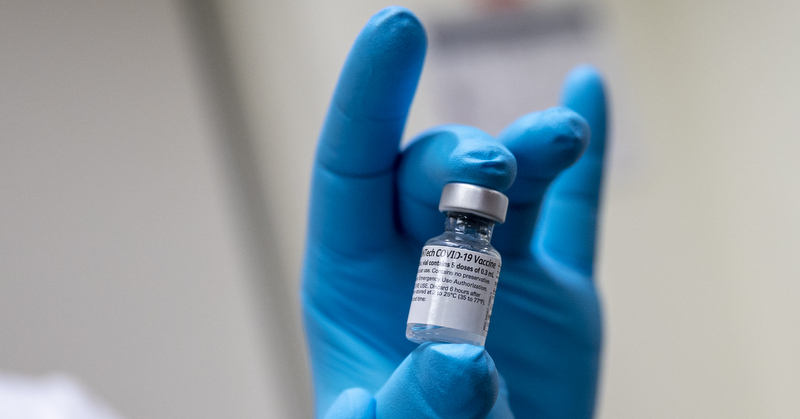February 23, 2021
In the beginning of the COVID-19 (coronavirus disease 2019) pandemic, strict government regulations were imposed as an attempt to stem the transmission of the virus. These restrictions required business establishments to put their workplace operations on hold, save for businesses deemed necessary to provide basic necessities. While the regulations were meant for the immediate protection of people’s health, their adverse economic impact was deeply felt by establishments relying heavily on actual customer contact. To keep their businesses afloat, employers needed to adjust to the demands of the situation by adopting flexible work policies. Indeed, while businesses were forced to operate at a reduced on-site workplace capacity, technology made employees conveniently accessible to their employers. This ensured the on-boarding of every employee daily and, effectively, serves as a prelude to the new normal business operations. Undeniably, physical interactions are still key for some industries and work productivity in the workplace setting has been proven to be effective. As such, employers cannot be faulted for seeking the “old” normal. However, since we are still without a universal cure for COVID-19, society’s hope for the return of normalcy would rely heavily on safe and effective vaccinations. Given that the government’s vaccination plan prioritizes frontline health workers and other vulnerable sectors, employers are taking charge and are beginning to procure vaccines for their employees. Aside from deciding on what vaccine brand to procure, employers are determining the proper tax treatment of the employees’ vaccine benefit, i.e., whether or not it is taxable as additional compensation of employees subject to withholding tax on compensation. DE MINIMIS BENEFITS In general, all compensation for services performed... 






 FASKEN
FASKEN Mark Stinson
Mark Stinson Kathleen Butterfield
Kathleen Butterfield Edmond Luke
Edmond Luke






